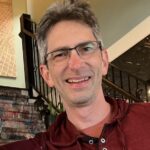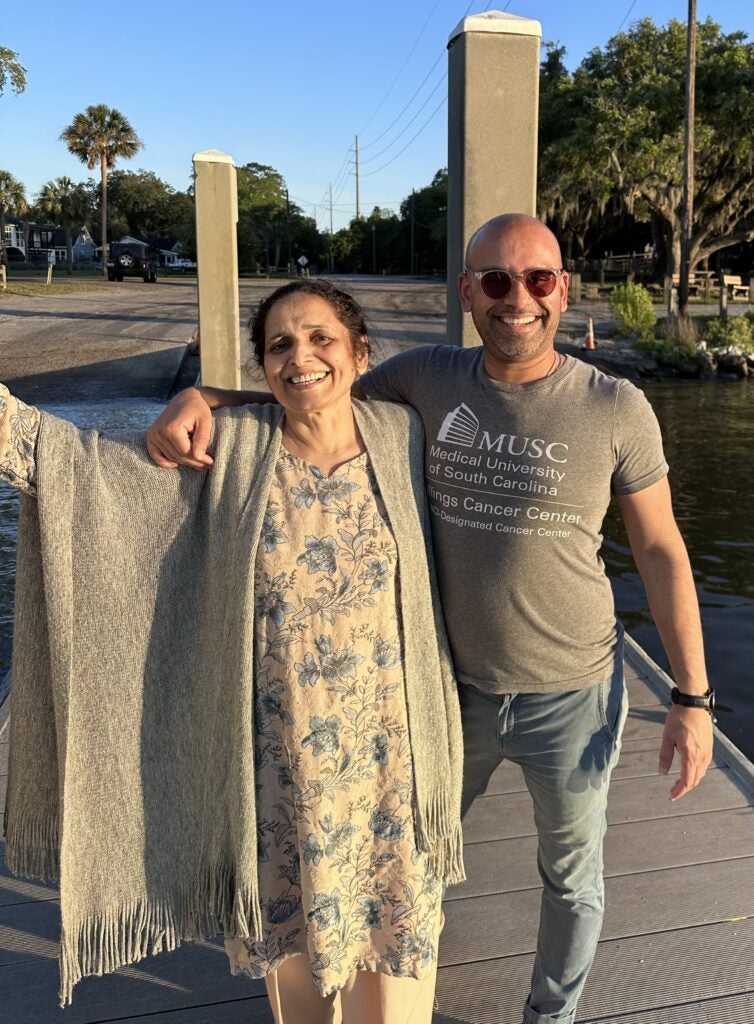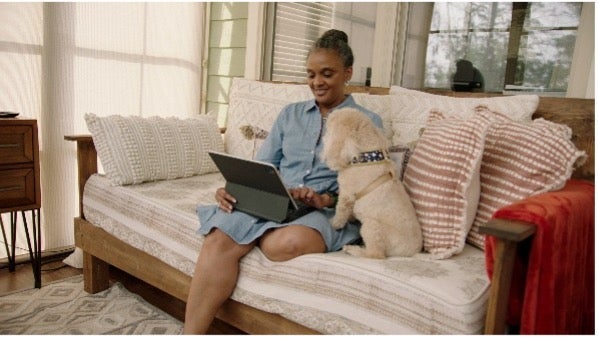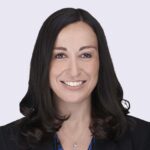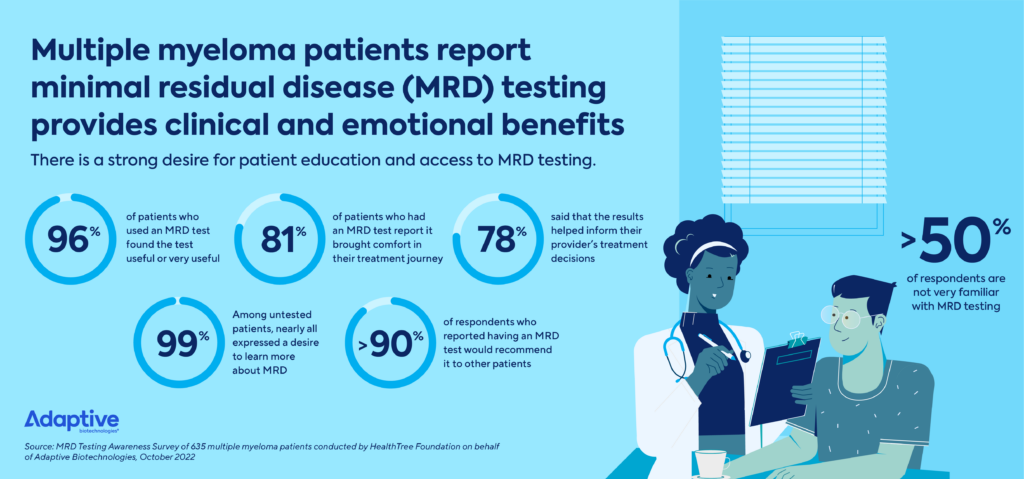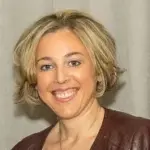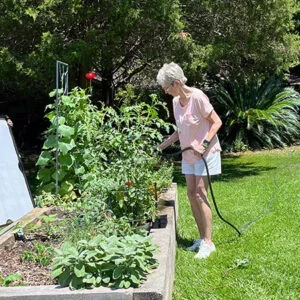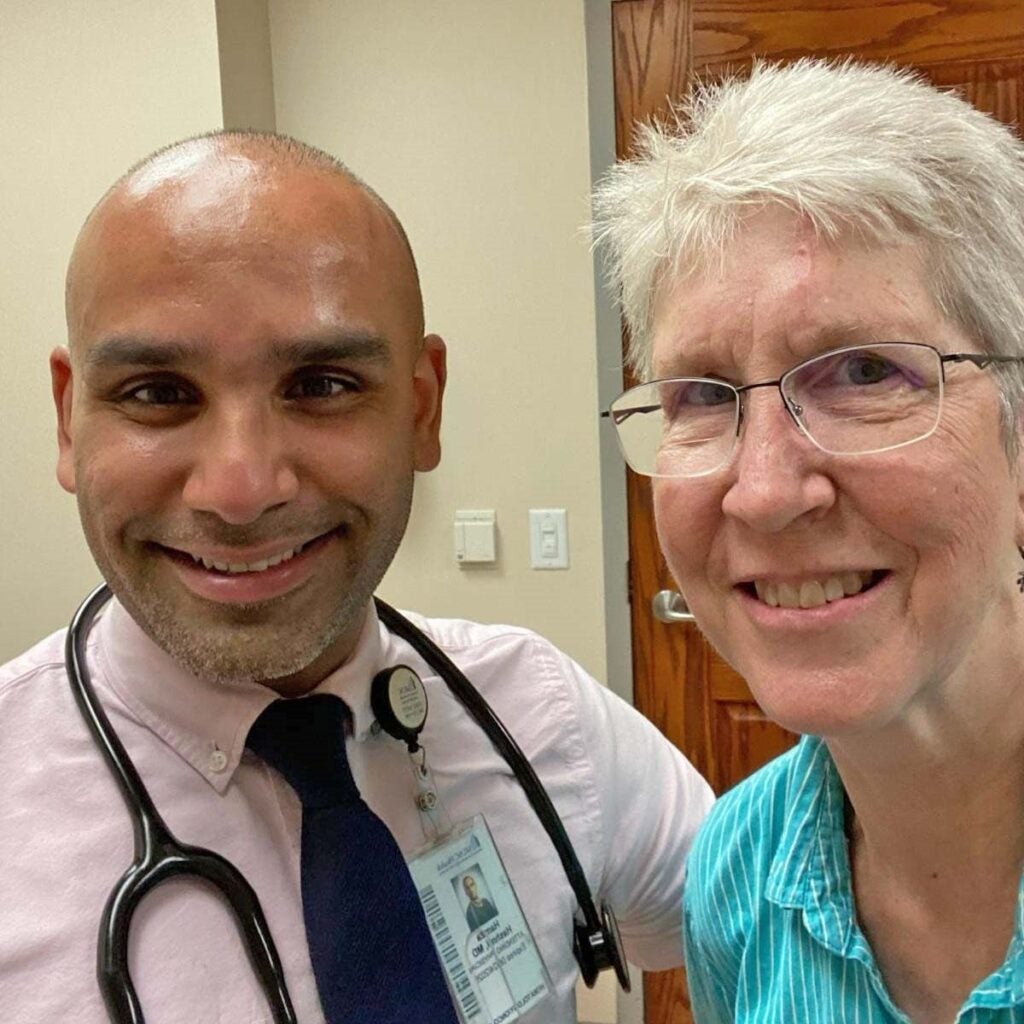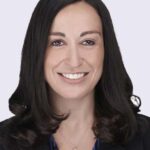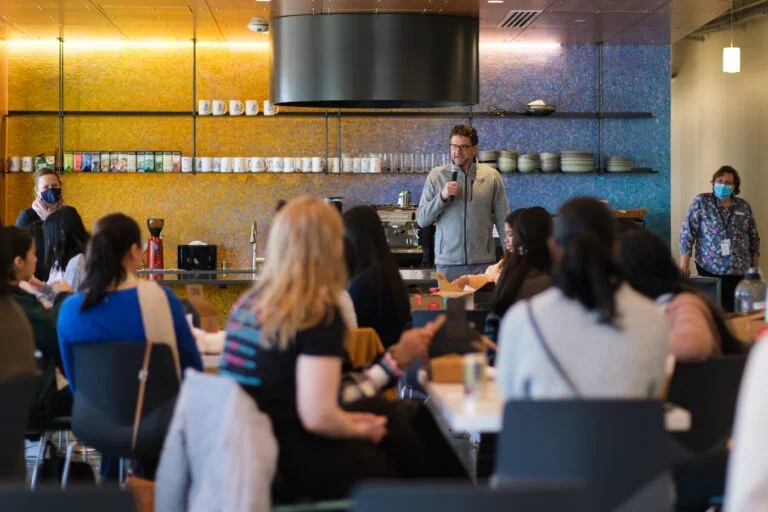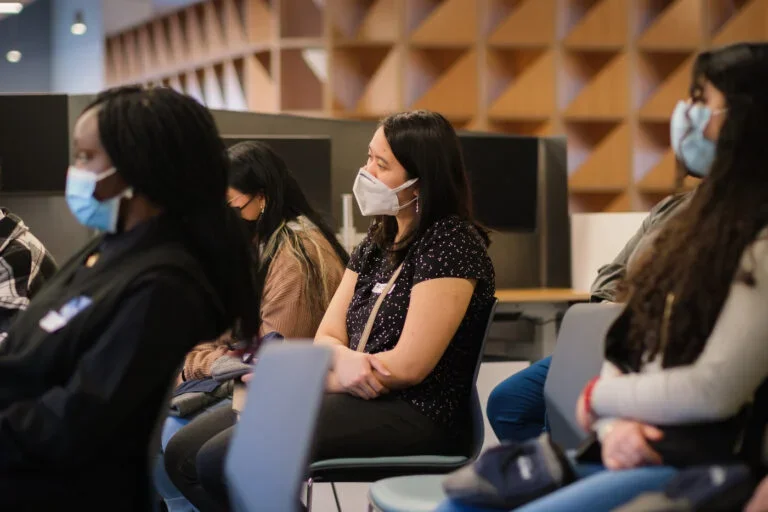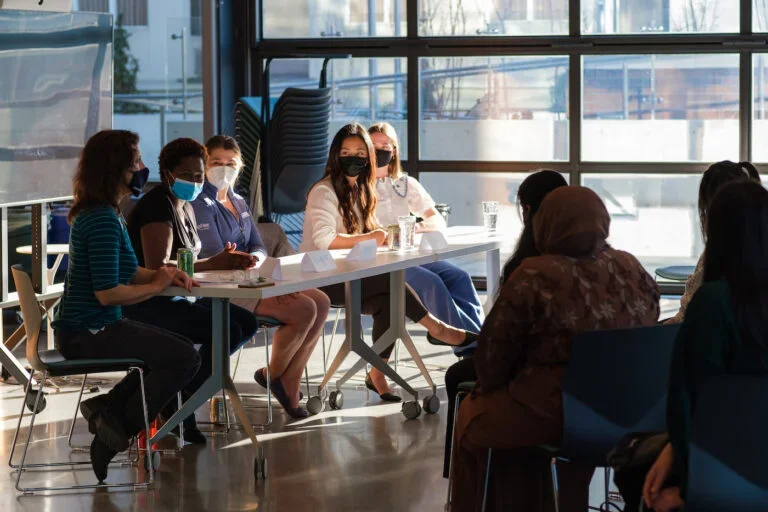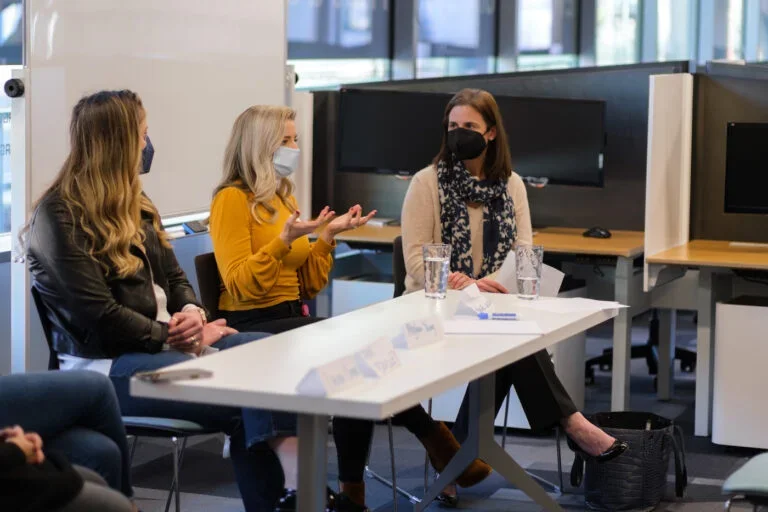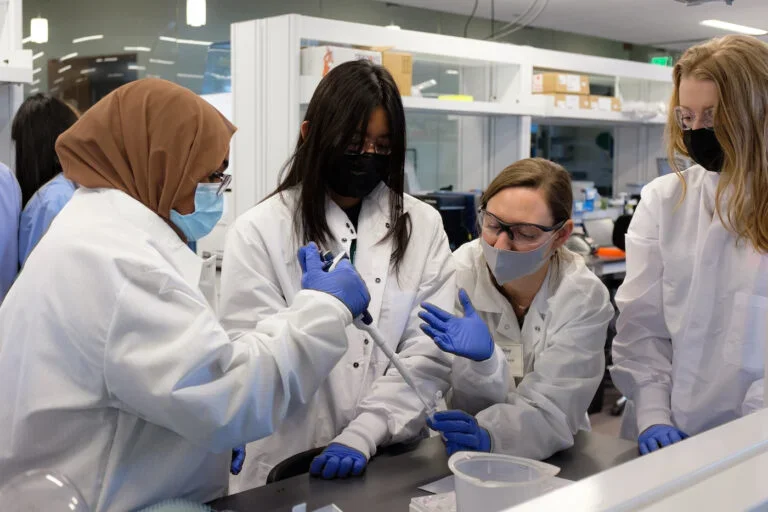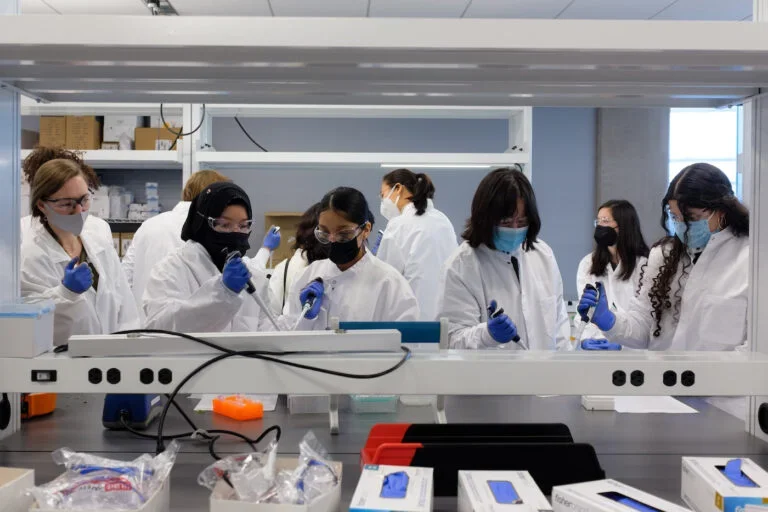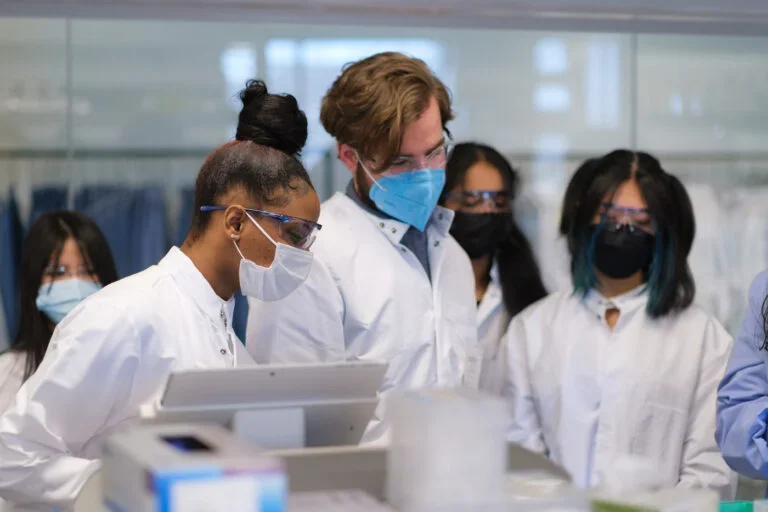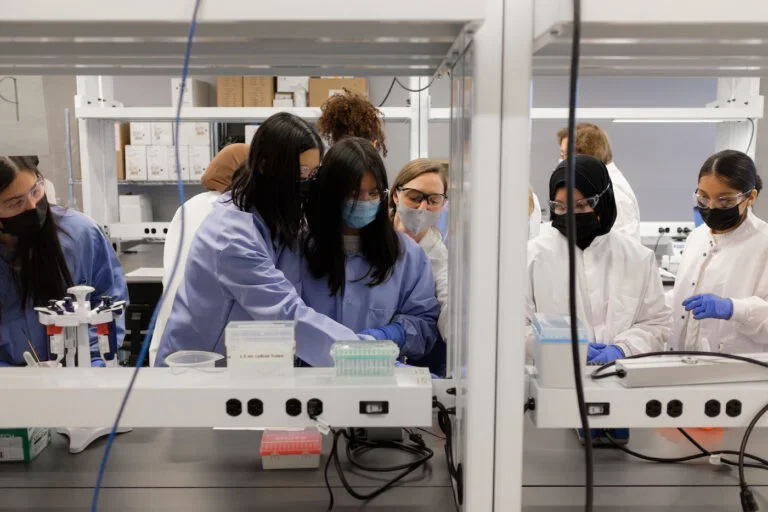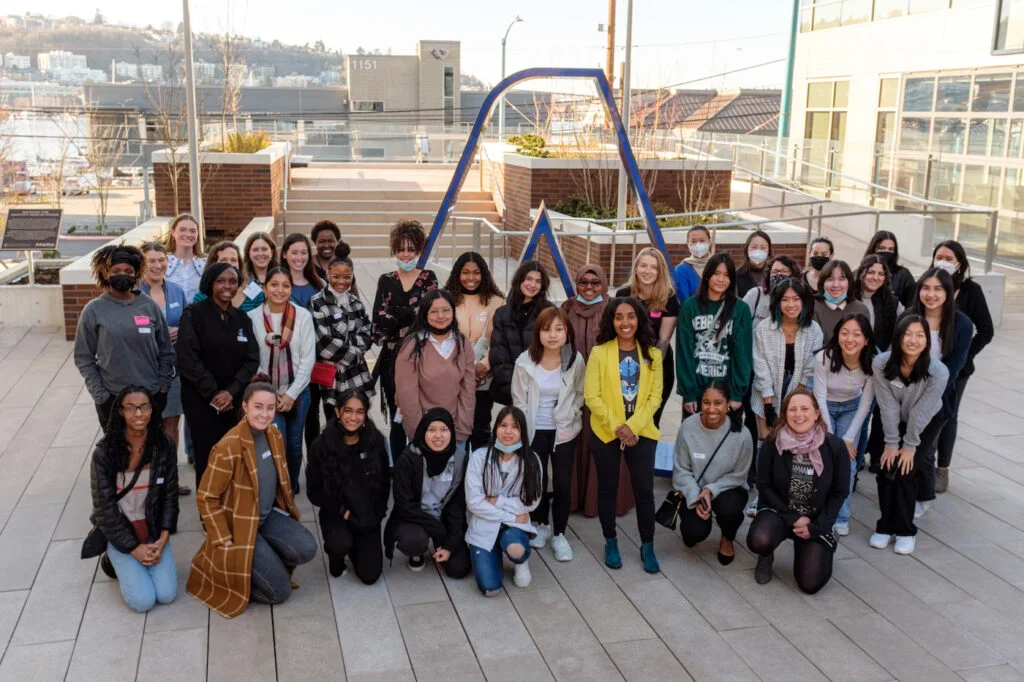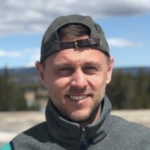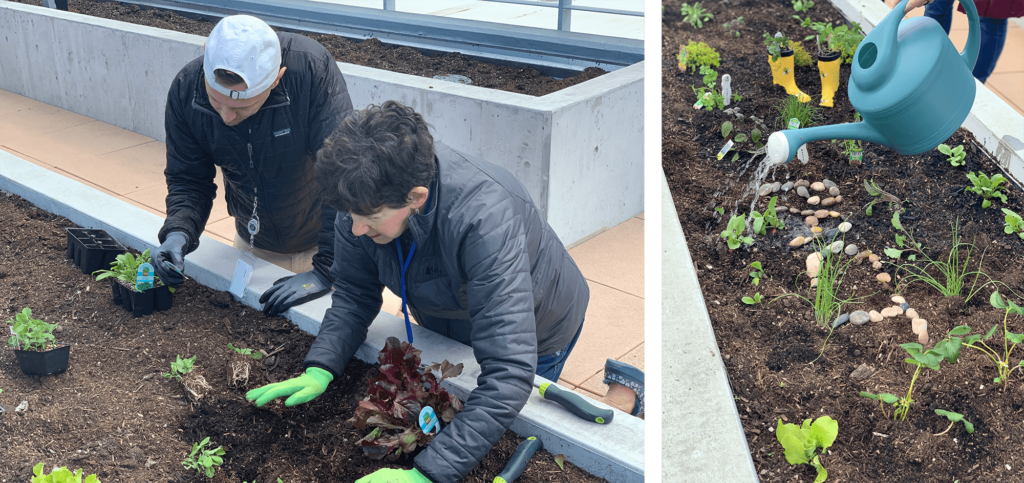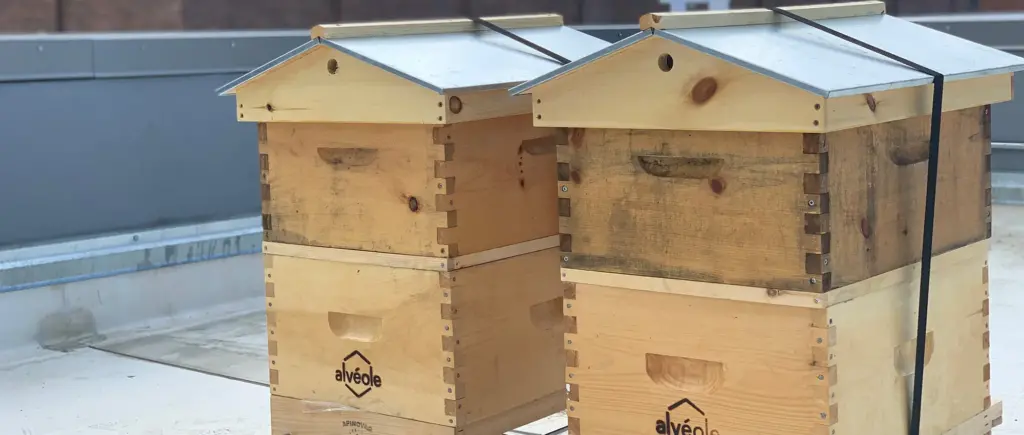Facing cancer takes courage. It also requires collaboration: patients and their physicians working together to gain the information they need throughout the treatment journey. At Adaptive, we are proud to develop advanced testing methods that can provide these insights as patients and their care teams manage blood cancer care.
In honor of the important relationships between patients and their providers, this Blood Cancer Awareness Month, we sat down with Jim B., who lives with diffuse large B-cell lymphoma (DLBCL), and his hematologist, Dr. Jie Wang from Duke Blood Cancer Center, to discuss how clonoSEQ® testing supported his care.
Jim has always thrived on building connections with others. Married to his wife, Anne, for 47 years, Jim earned his degrees in cognitive psychology and information science before pursuing a successful career in user interface, software and network engineering at Bell Labs, and later running his own landscaping business. He is an avid cyclist, who together with his cycling club, has completed multiple long rides including a ride across North Carolina.

However, Jim’s life took an unexpected turn in 2023 as he prepared for the Ride Around Mt. Rainier in One Day (RAMROD) cycling event. After a 200-mile week of training, he noticed he wasn’t recovering as expected. “I know my body and knew what it took to recover, but another week went by, and I wasn’t feeling right,” Jim recalls. A visit to his doctor revealed low white and red blood cell counts. He was referred to Dr. Wang and was ultimately diagnosed with DLBCL, the most common form of non-Hodgkin lymphoma.
Jim’s relationship with Dr. Wang became central to his treatment journey. Dr. Wang has dedicated her life to treating cancer and prides herself on understanding and supporting her patients as individuals, not just by their disease. With this philosophy, Dr. Wang’s approach was not only to treat Jim but to consider how treatment might impact his overall well-being and active lifestyle. She made a concerted effort to balance the intensity of chemotherapy with Jim’s physical capabilities.
Dr. Wang and Jim made the decision to monitor for evidence of remaining cancer not only by PET/CT but also by clonoSEQ, which can detect minimal residual disease (MRD). Clear PET CTs and consecutively negative clonoSEQ test results contributed to the decision to forego the 6th and final chemotherapy treatment. This timely adjustment in his treatment plan reduced unnecessary exposure to chemotherapy and its side effects.
Knowing that his MRD status was negative gave Jim his confidence back. He began reconnecting with friends and family. He and Anne embarked on a dream trip to Antarctica, followed by travels to Patagonia, Argentina and Chile. Ultimately, his IV port was removed, marking another milestone in his recovery. He now relies on clonoSEQ as an “early warning system” to monitor for potential recurrence of his cancer, giving him the reassurance he needs to continue doing what he loves, and getting back on his bike.

Jim’s journey underscores the importance of empowering patients to participate actively in their care and how collaboration can lead to successful outcomes in cancer treatment. As Dr. Wang says, “Jim and I are copilots in his story. We make decisions together.”
clonoSEQ® is available as an FDA-cleared in vitro diagnostic (IVD) test service provided by Adaptive Biotechnologies to detect measurable residual disease (MRD) in bone marrow from patients with multiple myeloma or B-cell acute lymphoblastic leukemia (B-ALL) and blood or bone marrow from patients with chronic lymphocytic leukemia (CLL). clonoSEQ is also available for use in other lymphoid cancers and specimen types as a CLIA-validated laboratory developed test (LDT). To review the FDA-cleared uses of clonoSEQ, visit clonoSEQ.com/technical-summary.
